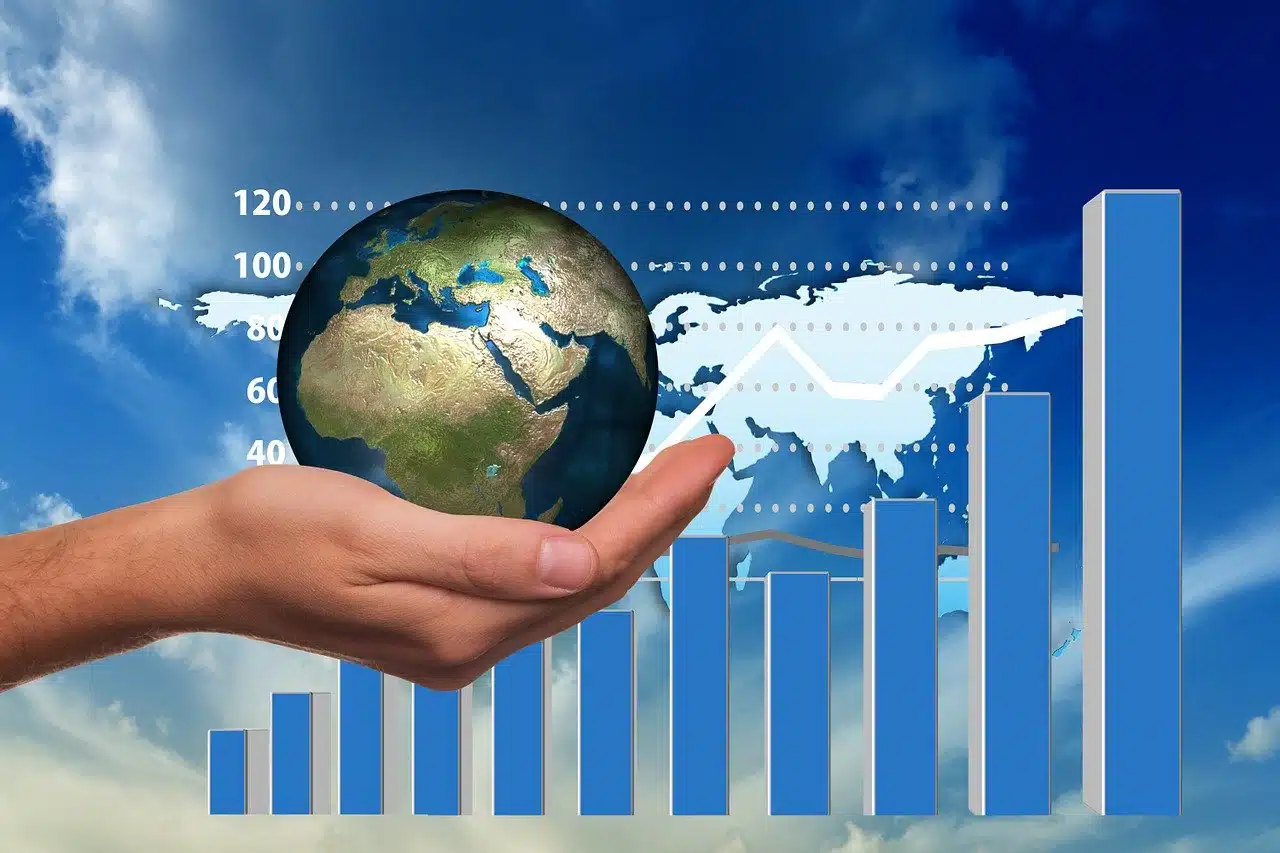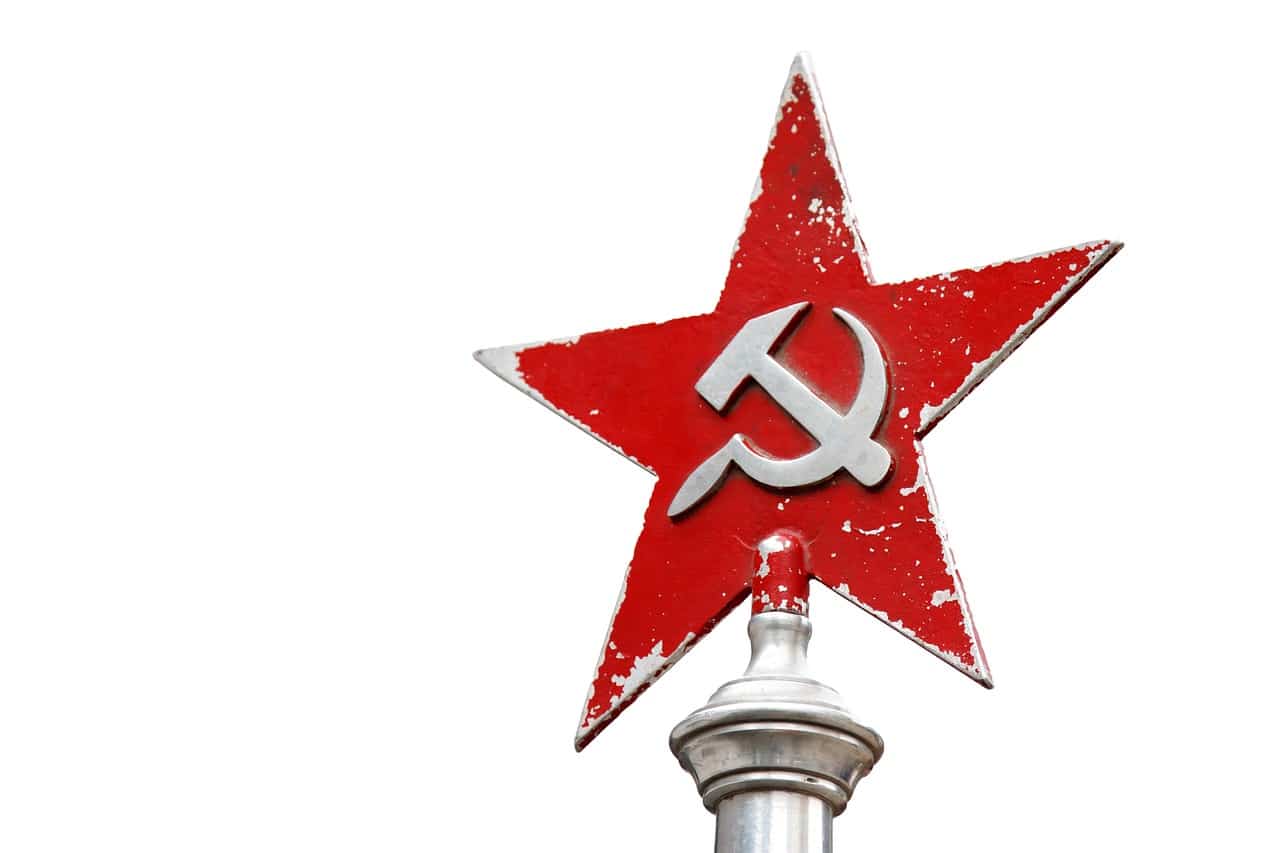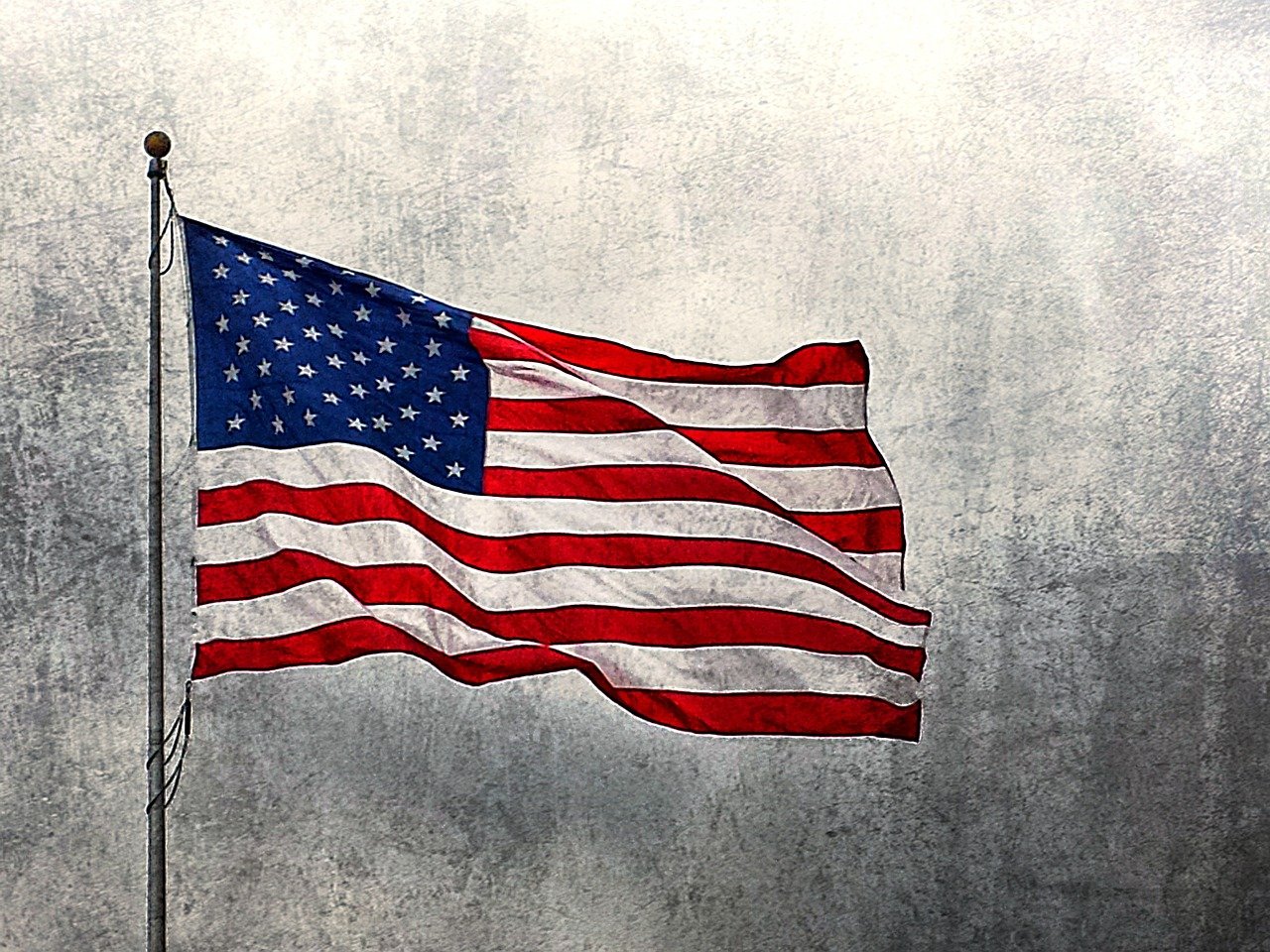
World powers dominate the international economy.
A world power is a country that stands out for the development of its economy and its military capacity . These attributes allow it to exert pressure or influence on the rest of the nations.
World powers, therefore, are the most powerful states on an international scale. He who reaches a very marked dominant position is usually mentioned as a superpower .
Characteristics of a world power
A world power is characterized by its military power, economic dominance, and political leadership . These are countries that have a highly developed infrastructure and an advanced level of technology and innovation.
In this way, world powers manage to exert a global influence that, in some regions, can become hegemony . In certain cases, when diplomacy does not bear fruit or by decision of the authorities, these States impose themselves by force through warlike actions.
However, it is common for them to exercise control through more subtle or indirect mechanisms. The export of values and ideologies , for example, makes it possible for a world power to influence other territories through cultural means.
Changes throughout history
Changes throughout history are frequent in terms of world powers . Although there are always countries that manage to monopolize great power, the leaders change according to various circumstances.
In ancient times , the major world powers were Babylon , Assyria , Persia , Ancient Egypt , Ancient China , Ancient India , the Roman Empire , and Ancient Greece . The Byzantine Empire , the Ottoman Empire , the Mongol Empire , the Aztec Empire , the Inca Empire , the Mayan culture , the Portuguese Empire and the Spanish Empire , meanwhile, were among the world powers of various sections of the Middle Ages .
Already entering the Modern Age , the growth of the British Empire , the Russian Empire and the French Empire was recorded. Then powers such as the Austro-Hungarian Empire , the German Empire and the Italian Empire appeared (and disappeared).
Starting in the 20th century , powers such as the Union of Soviet Socialist Republics ( USSR ), Germany , Japan , the United Kingdom , China , Russia , France and the United States had their peak.

The USSR was a world power until its dissolution.
Competition between world powers
Competition between world powers is common. In times of colonialism and imperialism , the confrontation was direct for territorial control, which in turn translated into the availability of greater economic resources.
For many centuries, conflict resolution of these geopolitical rivalries was carried out with warlike actions. Invasions were frequent and two world wars even took place.
After World War II , two great superpowers emerged: the USSR and the United States . A balance of power was reached between both States through bloc politics and the so-called cold war , which involved an arms race and a competition for leadership in science and education that did not translate into a direct war conflict.
After the dissolution of the USSR , the United States dominated the global stage, although in recent decades there has been marked growth in China. The European Union ( EU ), meanwhile, is a block of countries that can be considered as a world power as a whole.
It is interesting to mention that current powers seek to influence through foreign policy , working on their image and international reputation. Disarmament and arms control agreements promoted by the United Nations ( UN ) also often help prevent the outbreak of wars.
However, despite the relevance given to international organizations, major war conflicts have developed throughout the 21st century . The United States promoted military incursions in Afghanistan and Iraq with the argument of combating terrorism and governments that posed a risk to its national security, while Russia invaded Ukraine in 2022 .

The United States is the main world power today.
Agreements and blocks
Beyond competition and confrontations, world powers also often work together through international alliances , trade agreements , and economic blocs .
The European Union ( EU ), the African Union (AU), the Southern Common Market ( Mercosur ), the Association of Southeast Asian Nations ( ASEAN ), the Community of Latin American and Caribbean States ( CELAC ), the Cooperation Council Gulf ( GCC ) and the Asia-Pacific Economic Cooperation ( APEC ) are some of the associations and coalitions that exist today.
Institutions such as the World Bank , the International Monetary Fund ( IMF ) and the World Trade Organization ( WTO ), in turn, are among the entities that world powers use in their favor to influence third world and non-aligned countries. .
World powers and the G20
Since 1999 , the Group of Twenty or G20 is a supranational organization that brings together the main world powers with the aim of promoting economic development and financial stability.
The twenty members are the United States, China , Russia , Germany , Japan , the United Kingdom , France , South Korea , Australia , Spain , Brazil , Mexico, India , Italy , Canada , South Africa , Argentina , Turkey , Saudi Arabia , and Indonesia . The European Union also participates. Thus, according to estimates, the members of the G20 account for 85% of the gross international product.
